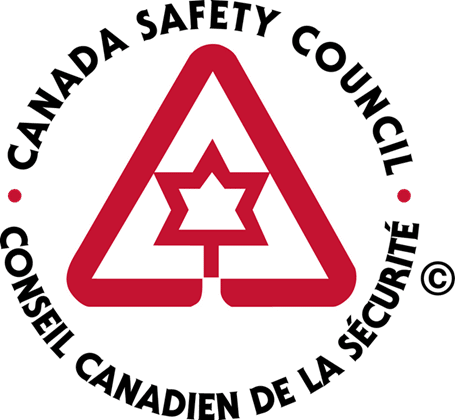Shop Safety Basics
Good housekeeping helps prevent injuries and increases workshop efficiency.
Winter is a busy time in many farm workshops. Good shop management prevents injuries and improves the efficiency of repair operations.
This article from the Farm Safety Association applies to workshops in industry and at home, as people prepare for spring projects.
Keep it clean
Many injuries result from poor housekeeping in the shop. Trips, slips and falls account for the bulk of these mishaps.
Scrap material and wrappings, loose parts, scattered tools and equipment, or oil spills can cause injury. Debris should be swept up and disposed of in designated areas. Parts should be kept on work benches. Tools should be placed where they cannot fall and cause damage or injury. Oil spills should be covered with absorbent material and cleaned up.
Lighting, heating and ventilation
Enough windows and overhead lights are required for a good level of overall illumination. Additional lighting should be available over benches and stationary tools.
Supplemental heating is required for winter workshop operations. The heating unit should be located to provide adequate, even distribution of heat. Ceiling units leave the working area clear.
Adequate systems are needed to vent smoke, fumes and exhaust gases. Open windows and doors may provide enough ventilation in the summer. Special systems may be needed to remove exhaust fumes and other gases during the cold weather months.
Flexible pipe or tubing can be used to vent exhaust gases. Properly designed ventilation systems are required in welding and battery areas to remove smoke and fumes. A booth with separate venting is recommended for paint fumes.
Wiring check
- All wiring must conform to the applicable provincial Electrical Safety Code. Following are general, basic standards.
- Wiring must be of adequate capacity to handle lighting, heating and power tool requirements.
- The shop should have a sufficient number of conveniently located outlets.
- Conductors, plugs and receptacles should all be 3-wire grounded to prevent shock with power tools.
- Sufficient power should be available for welders and motors used in the workshop.
- Ground fault circuit interrupters (GFCI’s) are recommended for damp areas and wash bays. Explosion-proof wiring, motors and fixtures are required where flammable gases, fumes, or vapours may be encountered.
Shop management summary
- Strict adherence to the following procedures will help prevent injuries and increase efficiency in the shop.
- Keep all tools and service equipment in good condition.
- Always use the appropriate personal protective equipment for operations such as welding and grinding.
- Keep floors and benches clean to reduce fire and tripping hazards. Clean the area completely after a job is finished.
- Empty trash containers regularly.
- Lighting, wiring, heating, and ventilation systems should be well maintained.
- Do not allow unauthorized use of tools, service equipment and supplies.
- Don’t allow anyone to use tools or service equipment without proper instruction.
- Keep guards and safety devices on power tools in place and functional.
- Use tools and service equipment only for their designed purposes.
- Service fire extinguishers regularly and keep the first aid kit fully stocked.
